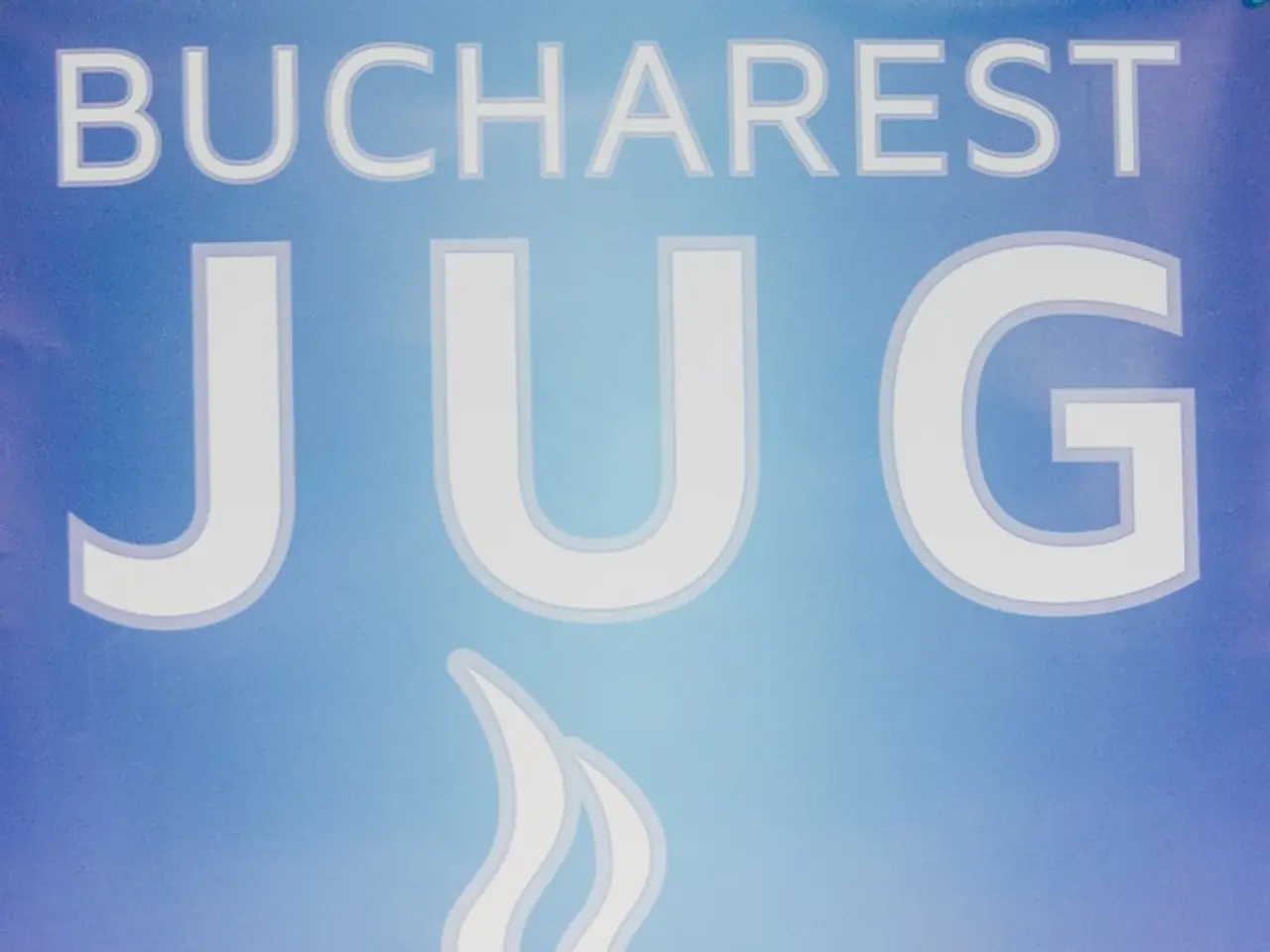Access to Half Billion Dollar IFC Facility Secured by Standard Chartered
In a strategic move to strengthen its presence in emerging markets, Standard Chartered Bank has announced a significant collaboration with the International Finance Corporation (IFC). The IFC is set to invest up to US$500 million in a portfolio of trade finance assets for the British multinational banking and financial services company.
This partnership is part of Standard Chartered's core strategy for maintaining and growing its banking trade in emerging markets. The bank, which primarily operates in Asia, Africa, and the Middle East, positions itself as a "super connector," focusing on cross-border trade, wealth creation, and sustainable finance, particularly in emerging economies where it sees significant growth opportunities.
The weakening US dollar has been a macroeconomic trend that Standard Chartered has capitalized on, upgrading its exposure to Asia (ex-Japan) equities and Emerging Market local-currency bonds. This strategic move reflects a deliberate focus on emerging markets as core components of its and its clients' portfolios, especially in regions like the Middle East, India, and ASEAN, where growth prospects remain strong.
Development institutions like the IFC and the Asian Development Bank (ADB) play a crucial role in facilitating this strategy. These institutions aid in building financial infrastructure and capacity for instruments such as factoring and supply chain finance, which help overcome credit constraints for small and medium-sized enterprises (SMEs) by unlocking funding through receivables rather than traditional collateral. This, in turn, enhances trade finance ecosystems.
Standard Chartered has been actively trying to reduce the risk of its lending portfolio and has programs where it sells down financial institution (FI) risk to other FIs, such as insurers. The bank's head of trade and product management, Michael Vrontamitis, in Hong Kong, mentioned strategies like continuing to originate loans and "churning our books as appropriate."
The IFC and Standard Chartered are also collaborating on a risk-sharing facility worth up to US$1 billion under the IFC's Global Trade Liquidity Programme (GTLP). This collaboration is expected to further bolster Standard Chartered's position in emerging markets by enabling more efficient trade finance, fostering SME growth, and mitigating risks associated with credit access in developing economies.
Despite the regulatory uncertainty and economic slowdowns in key markets such as India, China, Hong Kong, Singapore, and the US, Standard Chartered has announced a return to profit, banking almost US$1 billion over the first half of 2016. Profits for the bank are still 46% lower than the first half of 2015, but this progress is a positive sign for the bank's future in the emerging markets landscape.
- Standard Chartered Bank, primarily operating in Asia, Africa, and the Middle East, is focusing on trade finance, particularly in emerging markets, as part of its strategy to strengthen its position in these regions.
- The partnership between Standard Chartered and the International Finance Corporation (IFC) includes an investment of up to US$500 million by the IFC in a portfolio of trade finance assets for Standard Chartered.
- This collaboration between Standard Chartered and the IFC will facilitate the building of financial infrastructure and capacity for instruments like factoring and supply chain finance in emerging markets, thereby enhancing trade finance ecosystems.
- The IFC and Standard Chartered are also collaborating on a risk-sharing facility worth up to US$1 billion under the IFC’s Global Trade Liquidity Programme (GTLP), which is expected to further bolster Standard Chartered’s position in emerging markets by enabling more efficient trade finance, fostering SME growth, and mitigating risks associated with credit access in developing economies.




